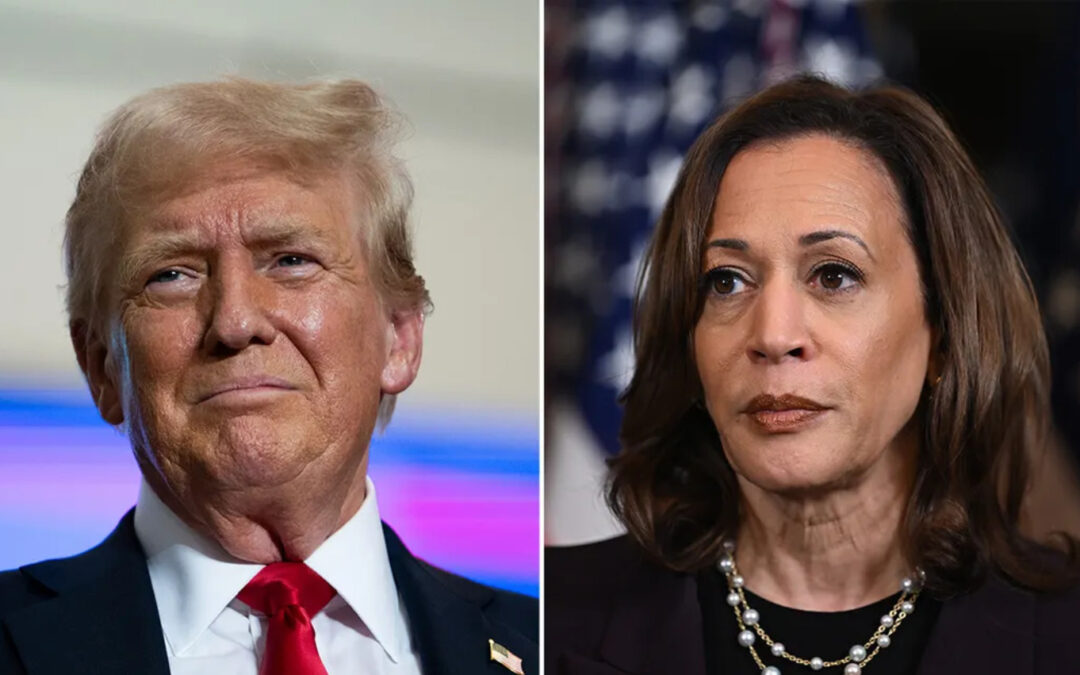Vice President Kamala Harris’ so-called “honeymoon” period appears to be ending, according to a series of recent polls, including one from the key swing state of Pennsylvania.
An Emerson College survey released late last week shows Trump leading Harris 51% to 49% in the state, after distributing the preferences of undecided voters.
This indicates a tightening of the race compared to last month’s results, where Trump led Harris 51% to 45% among very likely voters. However, recent polling from the state had consistently shown Harris in the lead. Emerson’s latest data breaks from that trend.
Electorally, Trump maintains an advantage over Harris on key issues like the economy and immigration, where his policies have appealed to specific voter groups. However, Harris has shown improvement compared to Joe Biden’s previous performance in these areas.
Since becoming the Democratic Party’s presidential nominee, Harris has enjoyed an avalanche of media praise, but that goodwill has crashed. Last week, the vice president rolled out a Soviet-style anti-price gouging plan that had even some of her most ardent media supporters attacking her.
The Washington Post Editorial Board shredded the Harris plan in an opinion piece published right after the announcement.
“Vice President Kamala Harris’s speech Friday was an opportunity to get specific with voters about how a Harris presidency would manage an economy that many feel is not working well for them,” the board said on Friday. “Unfortunately, instead of delivering a substantial plan, she squandered the moment on populist gimmicks.”
“One way to handle it might be to level with voters, telling them that inflation spiked in 2021 mainly because the pandemic snarled supply chains, and that the Federal Reserve’s policies, which the Biden-Harris administration supported, are working to slow it,” the editorial board said. “The vice president instead opted for a less forthright route: Blaming big business.”
CNN economics reporter Elisabeth Buchwald was just as vicious in her assessment.
“Food prices have surged by more than 20% under the Biden-Harris administration, leaving many voters eager to stretch their dollars further at the grocery store. On Friday, Vice President Kamala Harris said she has a solution: a federal ban on price gouging across the food industry, she said.
The reporter mentioned Harris’ quote in which she said she would penalize “opportunistic companies that exploit crises and break the rules.”
“There’s just one issue: Harris’ proposal could create more problems than the one it’s trying to solve, some economists say. Gavin Roberts studied anti-price gouging laws some states passed during the pandemic. One of the biggest effects he observed, especially at grocery stores, was that these laws motivated people ‘to go buy goods more than they would if prices had risen,’” Buchwald wrote.
“When prices are high, in most cases, the best policy action in response is actually taking no action, Roberts, the chair of Weber State University’s economics department, told CNN. That would cause consumers who are deterred by, say, high prices of beef, to instead purchase another type of meat or protein. That helps keep beef on the grocery store shelves for people who want it enough to pay the higher prices,” the reporter said.
“And while Harris claims her proposal ‘will help the food industry become more competitive,’ Roberts said it would do just the opposite. ‘It’s more likely to maintain that status quo,’ he said because it would keep new competition from moving in to take advantage of the bigger profit margins — competition that could have helped lower prices in the long run,” wrote Buchwald.
“This is not sensible policy, and I think the biggest hope is that it ends up being a lot of rhetoric and no reality,” Obama administration economist Jason Furman said to The New York Times. “There’s no upside here, and there is some downside.”









